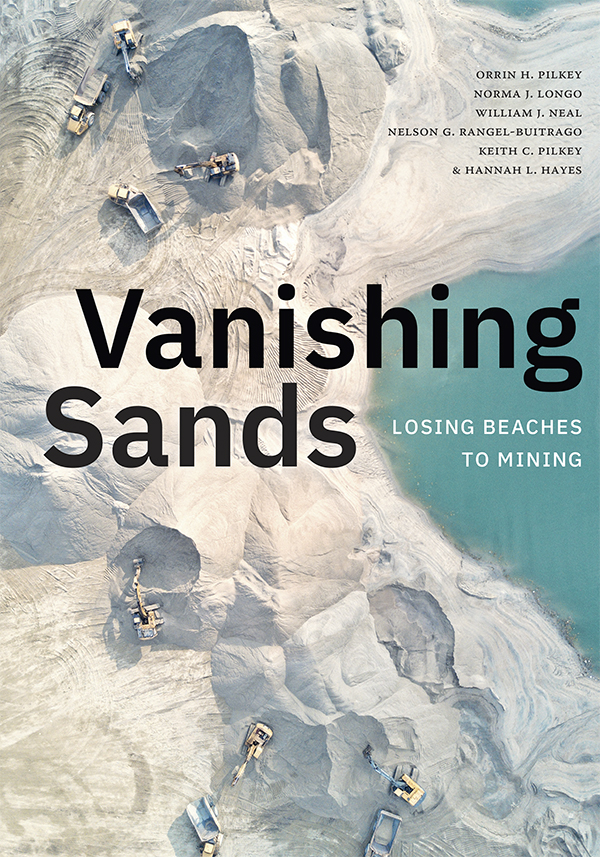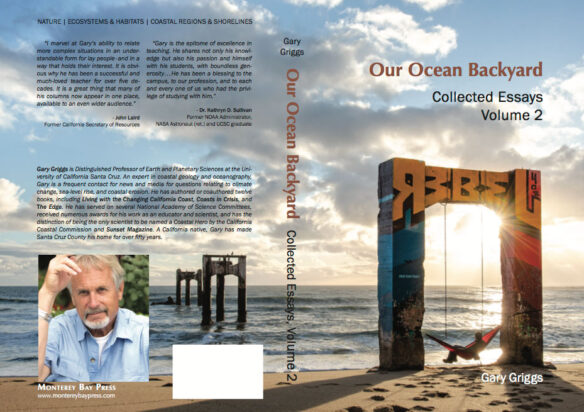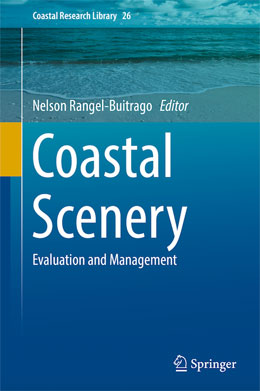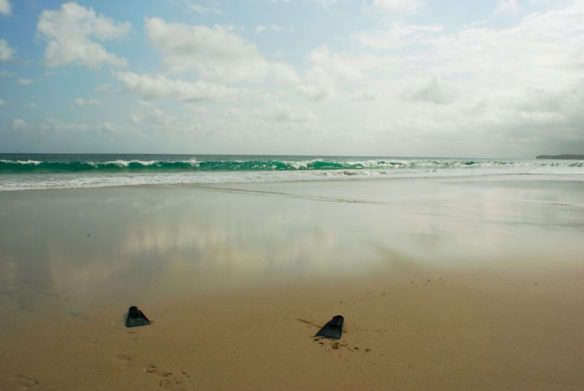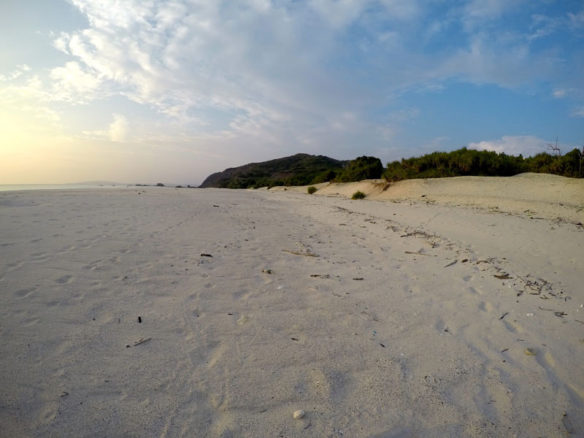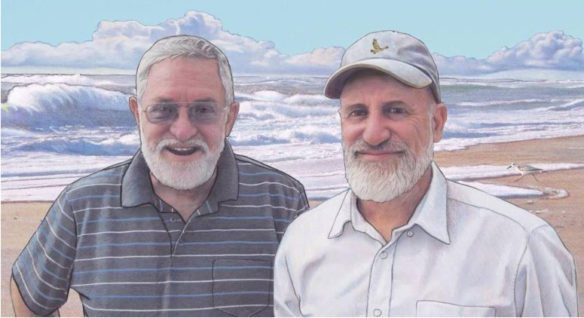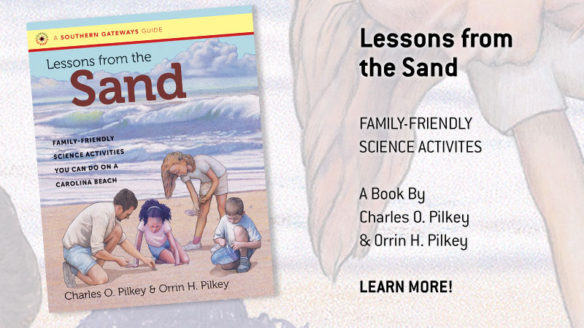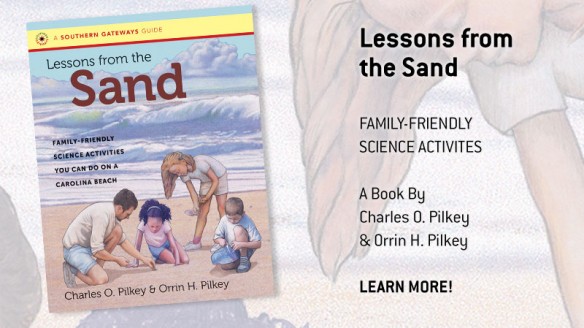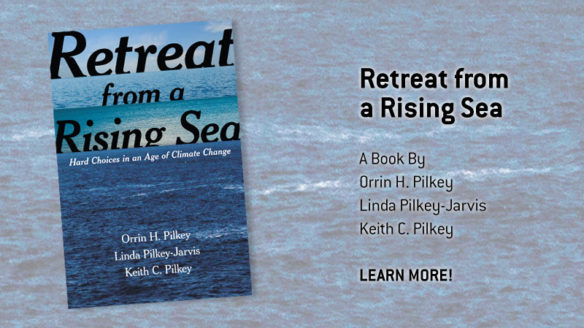Excerpt:
A new book from Duke University Press, “Vanishing Sands: Losing Beaches to Mining,” casts light on the shadowy world of sand mining through case studies that illuminate its disastrous impacts and a concluding chapter that proposes common-sense solutions.
Because of the tradition of viewing beaches as public land, people have historically thought of beach sand as a free and limitless resource, Pilkey and his co-authors explain in their preface to “Vanishing Sands…”
As global demand outstripped the supply that could be economically sourced from conventional inland sand pits, beach sand was deemed a suitable substitute, partly because it has angular grains that adhere to each other and, theoretically at least, improve the durability of any material or matrix they’re mixed into, and partly because it could be sourced from nearby dunes and beaches at practically no cost.
Excavators, bulldozers and dump trucks soon replaced buckets and wheelbarrows.
By 2020, entire beaches and dune systems in Africa, Asia, Europe, the Caribbean, South America and the eastern United States had been stripped bare…
In addition to documenting large-scale sand mining’s adverse impacts in nine vividly written chapters, “Vanishing Sands” provides a list of science-based recommendations—Pilkey and his co-authors call them “truths and solutions”—for ending the damage.
“Coastal sand exploitation is rapidly spreading in this time of sea-level rise and intensifying storms. Such mining is slowly destroying the protective nature and touristic value of beaches on a global scale,” they write. “Ultimately, the solutions must (include)an inexpensive substitute for sand to be used in concrete…an end to coastal sand mining, and a systematic move landward as the sea rises. Here’s hoping that some wisdom will prevail…”
Co-authors of the new book are Norma Longo, a geologist, photographer and longtime colleague of Pilkey’s at the Nicholas School; William Neal, emeritus professor of geology at Grand Valley State University; Nelson Rangel-Buitrago, professor of geology, geophysics and marine research at the Universidad del Atlantico in Colombia; Keith Pilkey, an attorney concerned with issues of coastal development; and Hannah Hayes, a scholar of land rights, disaster capitalism and risk management.

